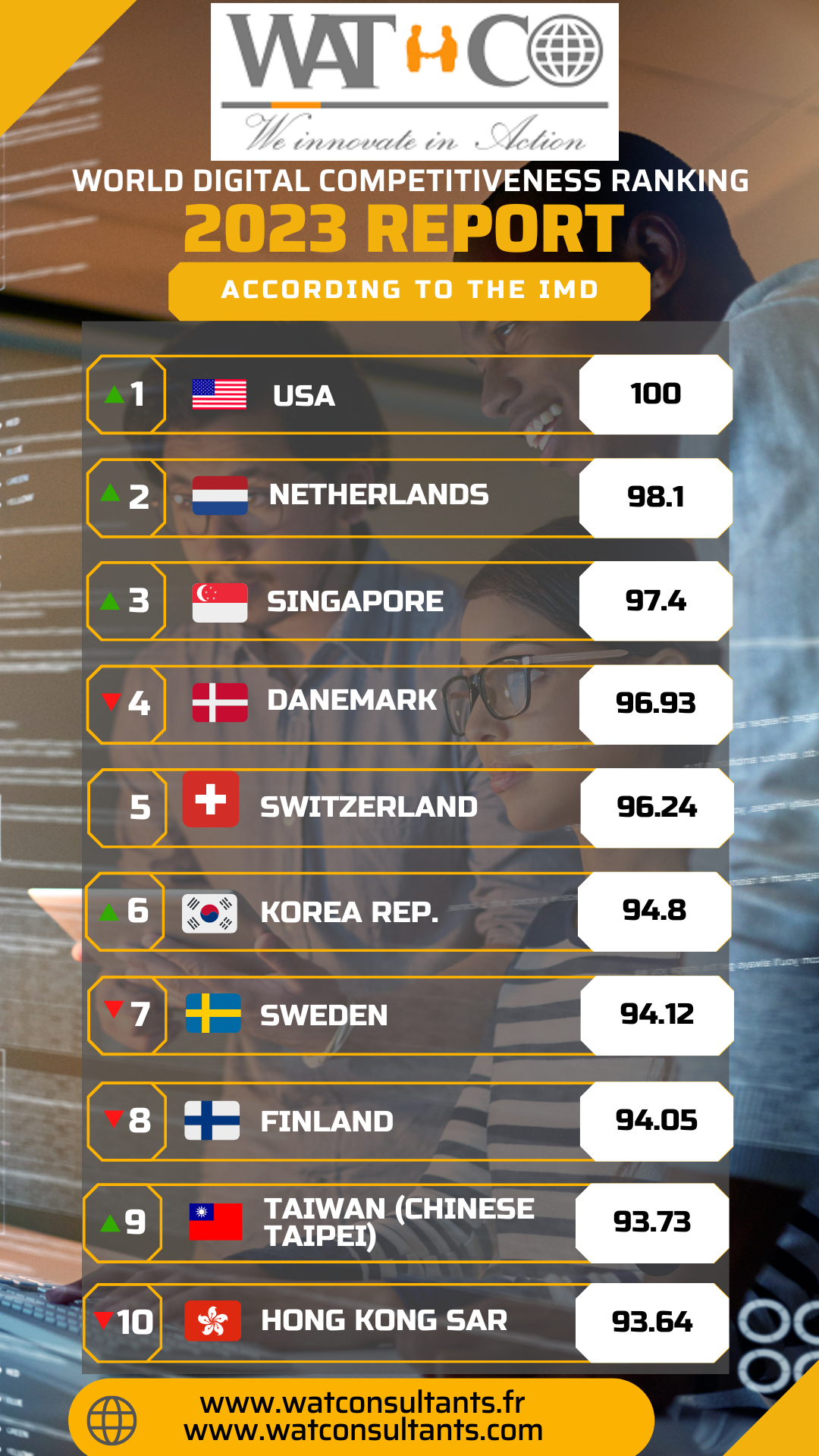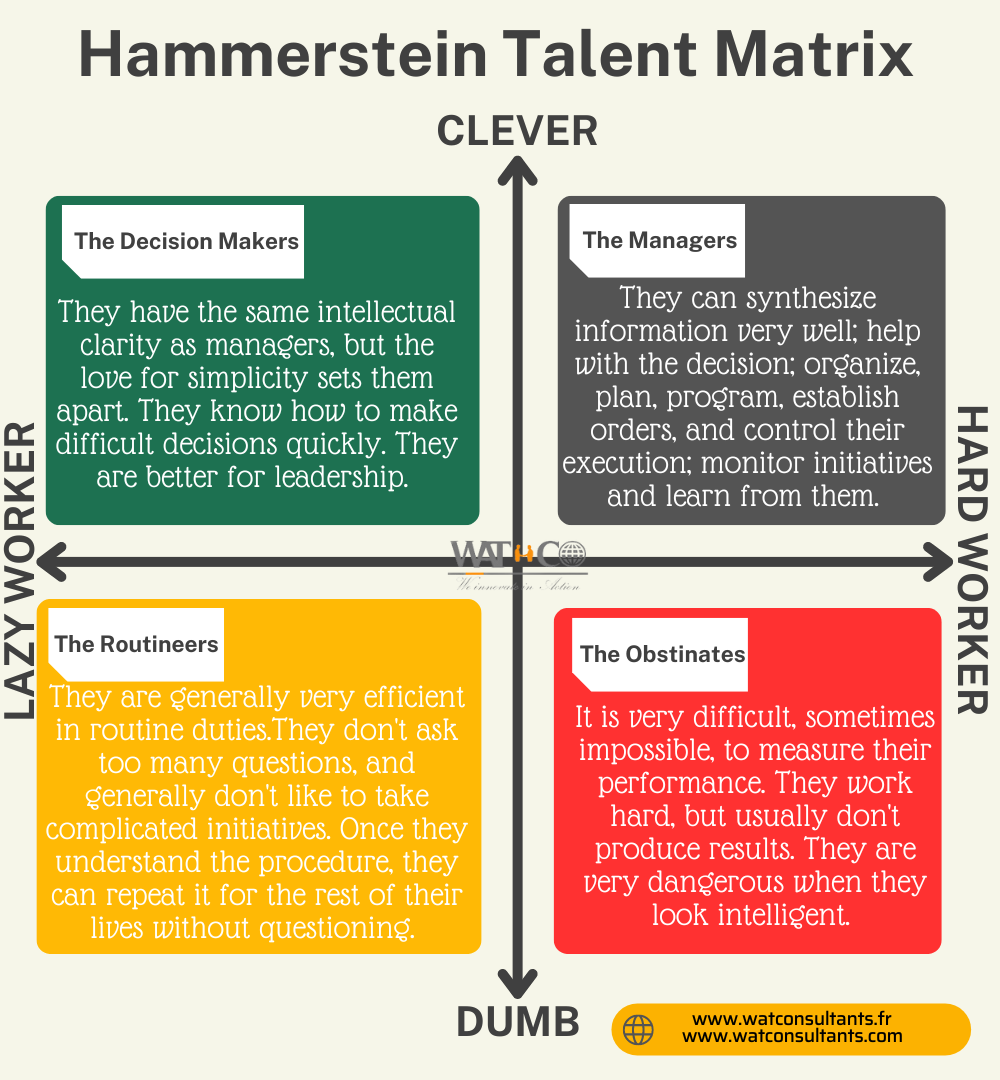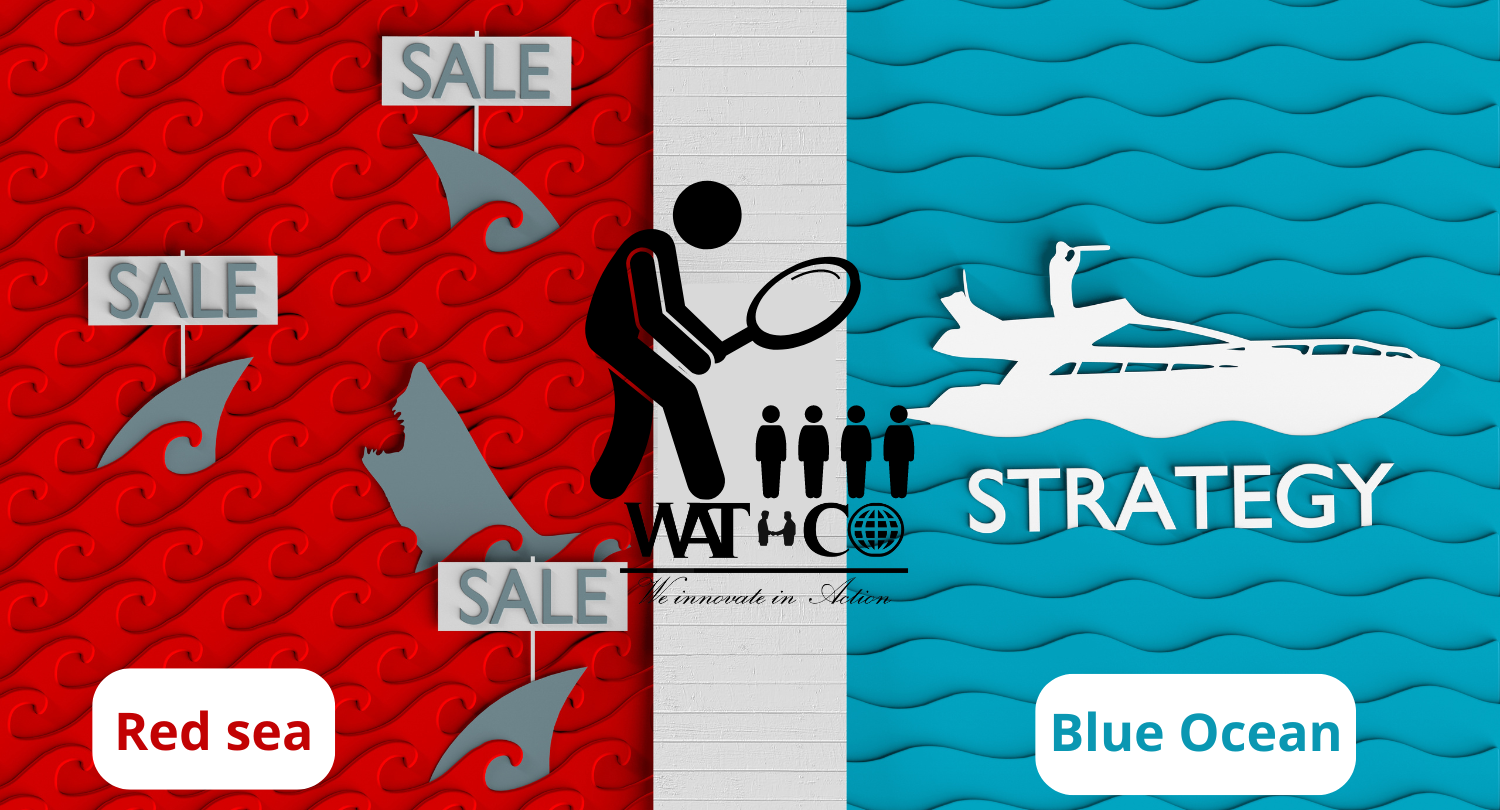
Country-level digital competitiveness rankings around the world - 2023
In 2023, Denmark loses its place to the United States, which regains its leading position, in this ranking which measures the extent to which economies explore new technologies.
The country goes from 6th to 2nd. For the first time, we can see this country in the top 3 of the most competitive digital countries in the world. The Netherlands climbed four places to second in the rankings. Improvements in measured data such as the adequacy of private sector cyber security, total public spending on education and higher education outcomes have given it a boost.
According to the IMD, the global digital competitiveness ranking “measures the capacity and readiness of economies to adopt and explore digital technologies as a key driver of economic transformation for businesses, governments and society at large.” .
What makes a nation truly digital?
Since the first digital ranking of the IDM in 2017, experts have defended the idea that it is primarily the responsibility of the Government of each country to allow inhabitants to access technology and therefore to allow them to harvest it. the fruits.
Only when the necessary digital infrastructure and regulations are in place in a country can private sector companies develop solutions that improve our quality of life. Lessons learned from countries that have consistently performed well in our ranking since its inception – the United States (first in 2023), Denmark (fourth in 2023), Singapore (third in 2023) and Estonia (18th in 2023 ) – illustrate possible paths toward top-down technology integration.
- The first ingredient in the recipe for a thriving digital nation is digital infrastructure.
Many are surprised to learn that in this assessment of digital competitiveness, China does not appear in the top 10. One of the fundamental reasons for this is that the quality of its digital infrastructure is not uniform across the country. Additionally, the country's internet bandwidth speed is ranked only 18th and the quality of its communications technologies is ranked 14th. The World Bank has identified five countries that will account for 75% of total digital infrastructure investment worldwide in 2023: China, Brazil, India, Indonesia and Vietnam. These countries captured $68.3 billion in investments. In terms of per capita contributions, however, the figures are modest for China.
- The second ingredient in the recipe for a thriving digital nation is data governance and digital governance.
Infrastructure development requires both data governance and digital governance. Regulation is essential to ensure that the benefits of technology are captured by society and not misused or exploited by businesses. Ironically, the top country in this year's ranking – the United States – is ranked only 37th in terms of content of private data protection by law, an indicator measuring the degree of protection of private data. On the other hand, it is not surprising that many European countries appear in the list of the most digitally advanced nations (five of them are in the top 10), and that this is largely due to the fact that the European Data Governance Act (DGA), enacted in 2022 and coming into force in September 2023, established robust procedures to facilitate the secure use of certain protected public sector data subject to the rights of individual citizens, such as trade secrets, personal data and data protected by intellectual property.
- The third ingredient in the recipe for a thriving digital nation is the availability of digital identity programs.
One of the most important distinguishing factors among the most digital nations is excellent availability of digital identity programs. These programs take the form of technology-based identification solutions, such as in Denmark or Estonia, or personal identifiers based on individual biometric characteristics such as Aadhaar in India. Digital identity is the main tool for making e-government solutions feasible, but also for integrating private sector technological applications into the daily lives of citizens. National identity programs also differ in terms of their extension to the population and can be mandatory (e.g. in Estonia and Saudi Arabia) or voluntary (e.g. in the EU), where their uptake is subsequently lower .
- The fourth ingredient in the recipe for a thriving digital nation is cultural acceptance of technology.
A combination of digital infrastructure and governance is needed to make technology available to citizens. Then, a final requirement for creating a digital nation is cultural acceptance of technology. This acceptance may be endogenous to both infrastructure and regulation in the sense that people's trust in their national framework may be undermined by weak data protection or insecure digital infrastructure, or a combination of two. This results in different degrees of technology use across countries. For example, Estonia ranks first in the 2023 Global Digital Competitiveness Ranking for the e-participation indicator, followed by South Korea, the United States and Japan. Botswana, Jordan and Venezuela come in last place, but Belgium (56th) and Qatar (57th) are also lagging behind.
In the years to come, countries that comply with the " digital imperative" (the need to integrate technology into their economies) will face obstacles, including the negative externalities of technology and inequalities in wealth and opportunity. income resulting from it.
They will also face the challenges inherent in implementing a national agenda that safeguards both digital transformation and sustainability.
Research from the Standish Group shows that:
- 31.1% of projects will be canceled before they are even completed.
- 52.7% of projects will cost 189% of their initial estimates.
- The cost of these failures and overachievements is just the tip of the proverbial iceberg.
- The lost opportunity costs are not measurable, but could easily be in the trillions of dollars. We only need to look to the city of Denver to see the magnitude of this problem. The failure to produce reliable software to handle baggage at Denver's new airport is costing the city $1.1 million a day.
On the success side, the average is only 16.2% for software projects completed on time and on budget. At large companies, the news is even worse: only 9% of their projects are completed on time and on budget. And, even when these projects are completed, many are mere shadows of their original specifications. Projects carried out by the largest American companies only have about 42% of the features and functions initially proposed. Small businesses do much better. In total, 78.4% of their software projects will be deployed with at least 74.2% of their original features and functions.
There is one final aspect to consider in any degree of project failure. All success is rooted in either grace or failure. If you start with grace, you will learn nothing but arrogance. However, if you start with failure and learn to evaluate it, you also learn to succeed. Failure breeds knowledge. From knowledge you gain wisdom, and it is with wisdom that you can truly succeed.
The introduction of Business Analysts (such as CBAP) is a great way to increase predictable results and quality measures. The information and structure around Business Analysis provided by BABOK lead to an improvement in the technical application of the methods applied by Business Analysts . The impacts can be seen in the results of the global digital competitiveness ranking. The 10 countries have popularized the profession of Business analyst .
We can see that no French-speaking country has appeared in this ranking for 05 years. And on the other hand, we can note a shortage/ignorance of Business Analysts in French-speaking markets.
If we finally want to reverse the trend, we should therefore concentrate our efforts on the training of Business Analysts and architects! Do you want to be part of this revolution? Click here to register for the next IIBA Business Analyst training cohort.




